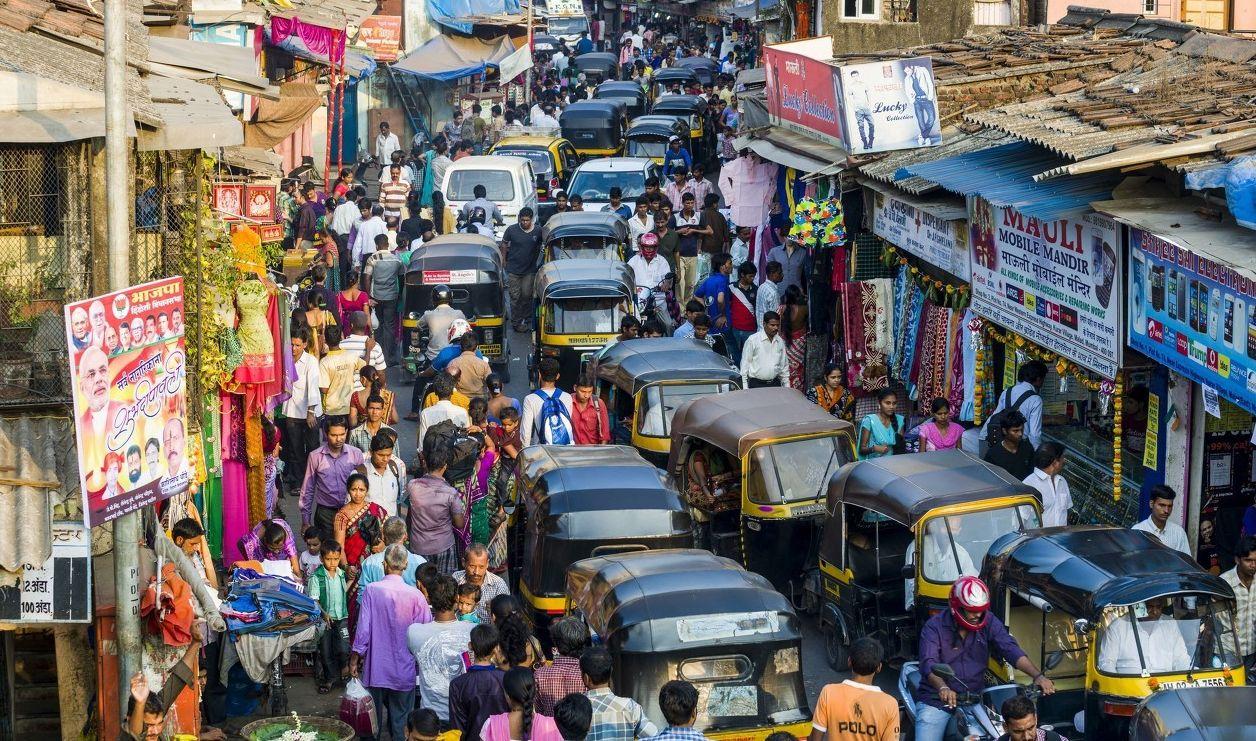
Deep exploration of India's major cities, it is not difficult to find a common phenomenon: the scarcity of large shopping malls, which hides complex institutional factors, especially the shadow of institutional excess.
The concept of institutional excess, which is particularly pronounced in the Indian economy, refers to the fact that the supply of institutions far exceeds the actual demand, resulting in institutions that are too cumbersome, abstract, and even difficult to implement effectively. Since India's independence, in order to regulate society and promote development, the government has formulated a series of laws and regulations, but these systems often fail to accurately match the actual needs, but become a shackle to the development of all walks of life.
This is particularly true in the retail sector. To open a formal retail store in India, you need to cross a number of institutional barriers, not only to comply with the central, state and local government regulations, but also face a cumbersome licensing system. From restrictions on sales in agricultural markets, to rules on the size and opening hours of shops in towns and cities, to a series of licensing requirements under the Shops and Establishments Act, entrepreneurs' patience and finances are tested. According to statistics, opening a new store often needs to cross more than a dozen government departments, take months to six months, and cost hundreds of thousands of rupees. Despite government efforts to reduce application times and fees in recent years, complex rules and high costs still deter many entrepreneurs.
India's Labour law system is even more complex. So far, India has enacted dozens of federal labor laws and hundreds of state-level laws, which span a long historical period, from the colonial era Factories Act to the post-independence Social Security Act for the Disorganized Sector to the Modi government's integrated Wage Code, each with a specific historical mission and social needs. However, the cumulative effect of these laws leads to the redundancy and overlap of the system, which makes the adjustment of labor relations extremely complicated. In particular, controversial laws such as the Trade Union Law, which allows for the establishment of labor unions and the appointment of external leaders, not only weaken the effectiveness of collective bargaining, but also provide the ground for unions to closely cooperate with political parties. Adding to the complexity of India's business environment is the interdependence between political parties seeking representation in trade unions and unions seeking refuge in disputes.
Economist Bhagwati has deeply analyzed the reasons for the lack of medium and large enterprises and slow job growth in India's labor-intensive industries, which he believes is inseparable from the problem of institutional excess in India's economic reform. While India has liberalized its product markets to a certain extent, labor and land markets remain constrained by multiple regulations that severely constrain the development of manufacturing, especially unskilled labor-intensive enterprises. Such institutional barriers not only increase the operating costs and market risks of enterprises, but also weaken India's competitiveness in the global industrial chain.
In addition, India's institutional surplus is also reflected in the constitution, land law and other areas. These excess systems not only increase the cost and difficulty of social governance, but also limit the space for economic innovation and development. They are like invisible chains that bind India's pace of progress, making this country with a long history and splendid culture seem to be struggling in the tide of economic globalization.
In general, the problem of institutional excess in India is a complex and profound social phenomenon, which is both the product of India's history and the challenge of its real development. To solve this problem requires the joint efforts and wisdom of the government, society and enterprises.

On October 16th local time, it was reported that a Boeing 737 MAX 8 flight of United Airlines from Denver to Los Angeles had its windshield break during the flight.
On October 16th local time, it was reported that a Boeing 7…
The World Economic Outlook Report released by the Internati…
The recently held G20 Finance Ministers and Central Bank Go…
According to recent reports by The Guardian and Reuters, th…
Recently, according to Japanese media reports, bear attacks…
In June 2025, a massive wave of protests swept across the U…